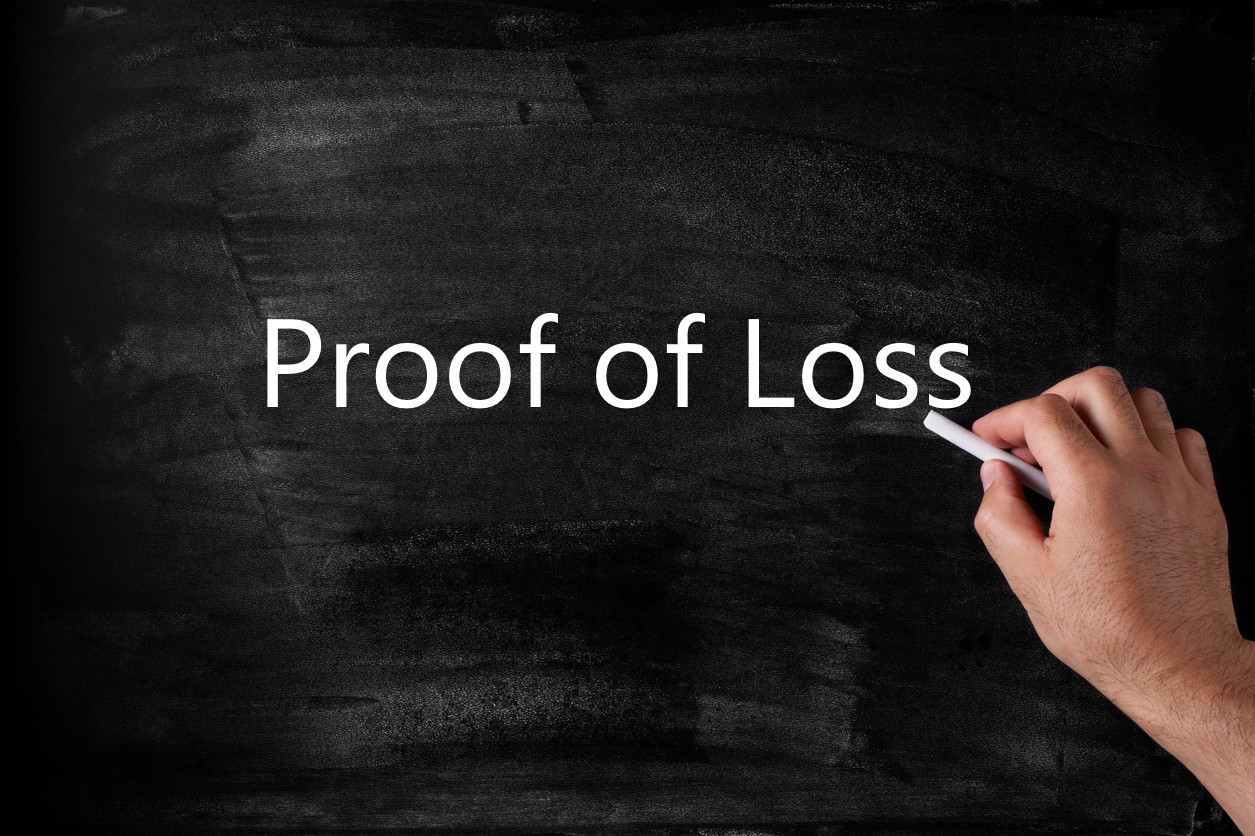One of the most overlooked and consequential issues in property insurance litigation is the question of which state’s law applies to a dispute. It’s easy to assume that if a loss occurs in Texas, then Texas law will govern. That assumption can lead to surprises. A recent decision from Texas, Transform Holdco LLC v. Starr Indemnity & Liability Company, 1 dramatically illustrates how courts can apply another state’s law, even when the loss happened squarely within Texas.
In this case, Transform Holdco, a Delaware company headquartered in Illinois, purchased a Stock Throughput Policy from Starr Indemnity, a Texas-incorporated insurer with its principal office in New York. The coverage dispute arose after a 2019 tornado damaged merchandise in a warehouse in Garland, Texas. Transform argued that its policy provided coverage for the loss and brought suit in Texas, asserting breach of contract and violations of the Texas Insurance Code, including bad faith.
What complicated the matter, and what ultimately drove the appeal, was the absence of a choice-of-law clause in the insurance contract. Without such a provision, the court turned to the “most significant relationship” test under the Restatement (Second) of Conflict of Laws, Sections 6, 145, and 188. Applying this framework, the Texas court surprisingly concluded that New York law, not Texas or even Illinois law, governed the dispute.
This case could have far greater implications because the court found that Starr’s claims handling, including its denial of Transform’s claim, was directed entirely from its New York headquarters. The court emphasized that the alleged “injury” was the financial loss from nonpayment, citing Texas law. This surprised me since the injury was from a tornado loss in Texas, where the merchandise was physically damaged. Instead, for corporate financial purposes, the court ruled the injury was at Transform’s headquarters in Illinois.
The insurance policy was underwritten and issued in New York, and all communications regarding the denial of coverage came from Starr’s New York claims department. Although the warehouse loss occurred in Texas, and investigatory steps took place there, those facts were not enough to tilt the legal analysis in Texas’s favor.
The consequences of this holding could be significant. The court mistakenly noted that New York law does not recognize a common-law bad faith cause of action because New York has a limited form of bad faith. Clearly, New York does offer a statutory claim akin to Texas Insurance Code Chapters 541 and 542. New York law does not permit recovery of attorney’s fees for breach of contract as Texas law does. Thus, by applying New York law, the Texas court effectively nullified several key remedies Transform had sought under more favorable Texas law.
Years ago, Merlin Law Group attorney Larry Bache highlighted just how thorny these conflicts-of-law issues can become in his article, “Choice of Law: Which Laws Govern in Missouri in Insurance Disputes? Not As Clear As It Should Be.”As Bache explained:
“Many policyholders’ insurance policies are provided by out-of-state insurance carriers. This can lead to issues when a dispute arises regarding which state’s laws apply to a given action. Generally, the parties are free to include a choice of law clause (a provision that provides for the governing jurisdiction), and this type of clause is typically valid. However, if the parties do not include a choice of law provision, courts vary from jurisdiction to jurisdiction as to which laws will govern.”
The Transform Holdco case highlights the critical importance of scrutinizing not only what an insurance policy covers but also what law may govern in the event of a dispute. Insurance claims professionals, including attorneys and public adjusters, must be acutely aware that the place where a loss occurs may not determine the applicable law, especially in multi-state or nationally underwritten policies. A crucial lesson from this case is that policyholders and their advocates must review not only the scope of insurance coverage but also consider the applicable law. A single overlooked clause or fact, or the lack thereof, can profoundly affect the remedies available when disputes arise.
Thought For The Day
“The difference between something good and something great is attention to detail.”
— Charles R. Swindoll
1 Transform Holdco LLC v. Starr Indemnity & Liability Co., No. 05-23-00339 (Tex. App. June 13, 2025).




